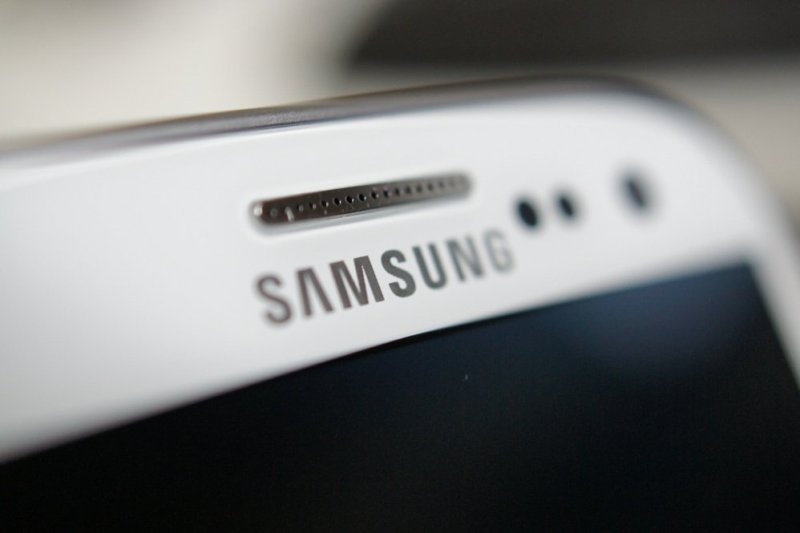In September last year, Nvidia filed lawsuits against Samsung and Qualcomm alleging that the companies had used technology owned by the chip maker without compensation or permission. On Friday, Thomas B. Pender, an administrative law judge for the US International Trade Commission, dealt Nvidia's case a blow when he cleared the companies of any wrongdoing.
Nvidia wanted to block several of Samsung's devices from being sold in the US due to the alleged infringement. The ITC ruled, however, that Samsung did not infringe upon two out of three of Nvidia's patents. And while it did infringe on the third, Judge Pender ruled that the patent is invalid because it was not a new invention compared with previously known patents.
Nvidia spokesman Robert Sherbin said the company remains confident in the case, and that the ruling will be reviewed by a full commission before the final decision is made this coming Friday.
We now intend to ask the full commission (which is made up of six commissioners) to review this initial determination and to confirm the previous judgment of the US Patent Office - that the third patent is valid. If they agree, the ITC would issue an order that would preclude Samsung from importing into the US infringing Samsung mobile devices and smart TVs. We are continuing this case by proceeding to the next step in the process because we believe our
Nvidia, which said it invented the first graphics processing chip and released it in 1999, alleged that Samsung's Exynos processors and Qualcomm's Snapdragon processors infringed on seven of its patents. Samsung countersued Nvidia last November, also alleging patent infringement and seeking to block the sales of graphics processors made by Nvidia in the US market. Samsung went on to accused Nvidia of practicing 'false advertising' for saying the Tegra K1 is the fastest mobile processor in the world, when the South Korean company claimed its Exynos 5433 processor is faster.
